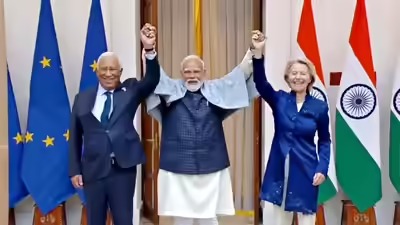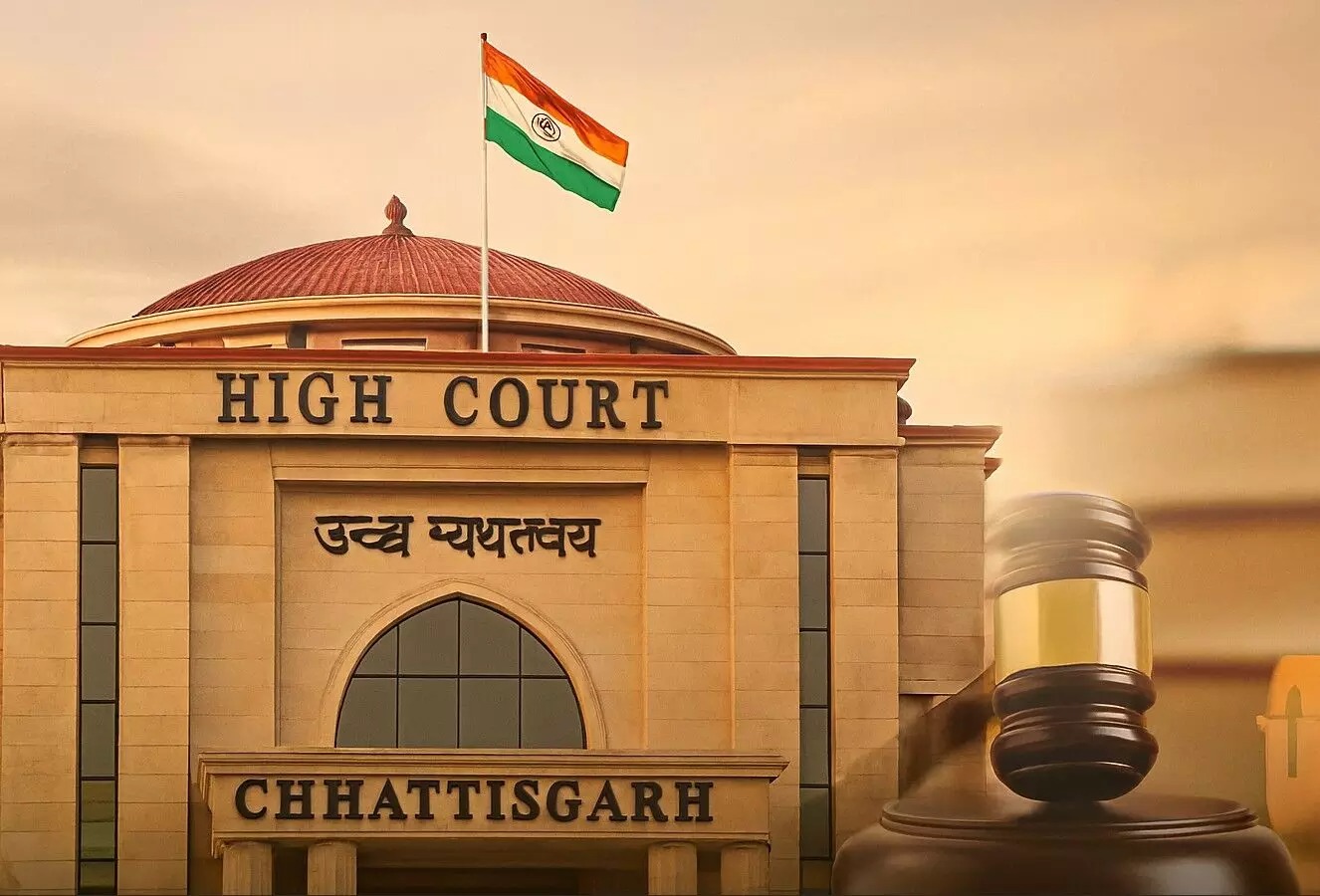@JUDGMENTTAG-ORDER
Pushpa Sathyanarayana, J.@mdashThe case of the Petitioner, which is a registered Association is that the Association was formed to look after the welfare of the Kurumans community people, which is notified as a Scheduled Tribe and the Anthropological study of the Kurumans Community reveals that they originally belong to Kodagu Hills in Karnataka and later on, migrated to Tamil Nadu and settled at Nilgiris Hills, Dharmapuri, Krishnagiri and Salem Districts. The Kurumans, who are basically sheep herders, used to shear the wool of the goats, weave them and sell. Later on, the tribals started engaging in agricultural work and after getting educated, entered into Government jobs. The Petitioner Association made a request on 26.10.2005 to the Second Respondent Director of Tribal Welfare to permit them to exhibit the traditional occupational articles of Kurumans in the Museum of Tribal Research Centre, M. Palada at Uthagamandalam, established by the First Respondent Government of Tamil Nadu. The Second Respondent also permitted 20 of the traditional occupational items used by the Kurumans Community to be displayed in the Tribal Museum vide letter dated 31.10.2005 and the said items were submitted to the Third Respondent for displaying the same in the Museum. While so, on 17.3.2011, when some of the members of the Petitioner Association visited the Museum, they found that the articles presented by the Kurumans to be displayed in the Museum, were removed. As against the same, the Petitioner Association issued notice to the Third Respondent Director, Tribal Research Centre, on 27.4.2011 calling for the reasons for removal of the articles permitted to be displayed in the Museum and as there was no response, on 06.6.2011, the Petitioner Association made a complaint against the Fourth Respondent for illegally removing their traditional occupational items. Thereafter, on 11.7.2011, the Fourth Respondent sent a reply vide proceedings in Na.Ka. No. 213/2010/A2 dated 06.5.2011 stating that the Mullu Kurumbar Community people had made a complaint to him that the members of the Petitioner Association do not belong to Kurumban Community and that they had falsely obtained the caste certificates and that the articles should be removed. The said proceedings is impugned in this Writ Petition.
2. The impugned order was passed by the Fourth Respondent Director, Tribal Research Centre, M. Palada, Uthagamandalam, stating that the tribes living in Pandalur Taluk, viz., Kurumban alias Mullu Kurumbar, have got no connection to the Kuruman Community living in and around Dharmapuri and Krishnagiri Districts and speak a Dravidian language of Kannada dialect. It was further stated that the tribes living around the Dharmapuri District have been obtaining false Community Certificates claiming to be Kurumbas. Therefore, the members claiming to be Kurumans under the Petitioner Association were not recognized as Scheduled Tribes and hence, the traditional occupational articles produced by them were not allowed to be displayed in the Museum.
3. Mr. S. Doraisamy, learned counsel appearing for the Petitioner Association contended that as per the list of communities, the people residing in the Nilgiris District are only Kurumbas and the Kurumans community are residing in other Districts. He would submit that the Five Member Committee including the Anthropologists and the Second Respondent conducted a field visit in Dharmapuri District and gave a report on 22.7.2005 that some of the tribal people residing in Dharmapuri District are Kurumans. Even the report of the Anthropological Department, University of Madras, gave a report to the Collector, Dharmapuri District, on 28.10.2008, confirming the same. Learned counsel further submitted that the State Level Scrutiny Committee also confirmed that Kurumans Community people are residing in Dharmapuri. As such, according to the learned counsel, even without going into the merits of the case, the impugned order passed by the Second Respondent is liable to be set aside as the same is in violation of principles of natural justice.
4. Learned Government Pleader, representing the Respondents 1 and 2 also fairly conceded that no opportunity was afforded to the Petitioner Association before passing the impugned order.
5. No doubt, it is true that the Five Member Committee has opined that some of the tribal people living in Dharmapuri are Kurumans. Therefore, when the Petitioner Association has given their representation to the Second Respondent on 26.10.2005 for exhibition of their traditional occupational articles in the Museum, the 2nd respondent accepted the request and directed the 3rd respondent to receive the traditional occupational articles to be exhibited in the Museum. However while removing them at the instance of certain complainant the Petitioner Association ought to have been afforded an opportunity of hearing to represent their case before removing the same. In this case, no opportunity was given to the Petitioner Association nor any enquiry was conducted in the presence of the Petitioner Association, which act of the Respondents amounts to clear violation of principles of natural justice and the impugned order passed in total non-application of mind, suffers from legal infirmity. In view of the foregoing reasons, the impugned order dated 06.5.2011 passed by the Second Respondent cannot be sustained. Accordingly, the same is set aside and the Writ Petition stands allowed. The matter is remitted back to the Second Respondent for fresh consideration by conducting an enquiry after affording an opportunity to the Petitioner Association, on merits and in accordance with law, within a period of four weeks from the date of receipt of a copy of this order. However, there shall be no order as to costs.

